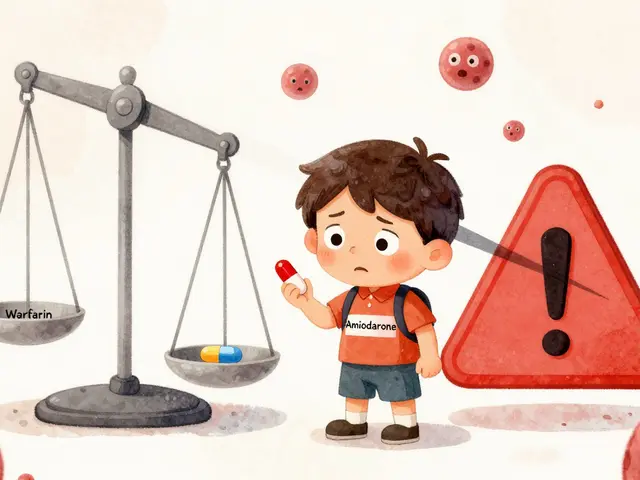Nutrition: Practical Diets, Supplements & Gut Health
Want straightforward nutrition tips that actually help? This tag groups short, useful guides on diet, supplements, herbal options, and gut health—no fluff, just things you can try today.
What you'll find here
Look for clear, practical posts like “Best and Worst Foods for Colitis” that lists foods to eat and avoid during flares (think low-residue options: white rice, bananas, cooked carrots) and what to skip (nuts, seeds, raw veggies). You’ll also find real reviews of supplements like the Black Walnut article — what it may do and how to pick quality products.
Interested in bitter herbs? The “Tansy vs Bitter Herbs” piece compares tansy with wormwood, yarrow, and gentian and tells you which is better for digestion and which ones have safety concerns. If you deal with fluid retention, the “OTC Diuretics vs Lasix” guide explains how things like caffeine or dandelion compare to prescription water pills and why you shouldn’t swap meds without a doctor.
Quick, usable tips
If gut pain or colitis is your problem, try small, frequent meals, low-fiber cooked foods during flare-ups, and simple carbs like white rice and potatoes. When symptoms ease, slowly reintroduce soluble fiber (oats, peeled fruit) and watch how your body reacts. Keep a food diary for two weeks—note what you eat and how you feel. Patterns show up fast.
For supplements: read the label, check for third-party testing, and avoid mega-doses. Herbs are real drugs too—tansy and wormwood can cause side effects and interact with meds. If you’re on diuretics, statins, or blood pressure meds, ask your provider before adding anything new. A simple rule: if a supplement claims miracle results or sounds too good, be skeptical.
Food and meds interact. For example, certain cholesterol drugs and grapefruit don’t mix, and diuretics can change your potassium level. The tag has hands-on articles about safe drug alternatives and what to tell your doctor. Use those posts to prepare focused questions before appointments.
Want safe online buying tips? Several posts explain how to spot reliable online pharmacies and what to avoid—check for a pharmacy license, verified reviews, and secure checkout. Don’t buy prescription meds without a valid script from a real clinician.
Bottom line: use these articles as practical checklists. Try one diet change at a time, keep notes, and check supplements with your clinician. Click the titles that match your problem—colitis, digestion, herbs, or supplements—and you’ll get step-by-step, usable advice rather than vague health slogans.
Need something specific? Search within the tag for “colitis,” “supplement,” or the herb name. The right short guide is only a click away.



